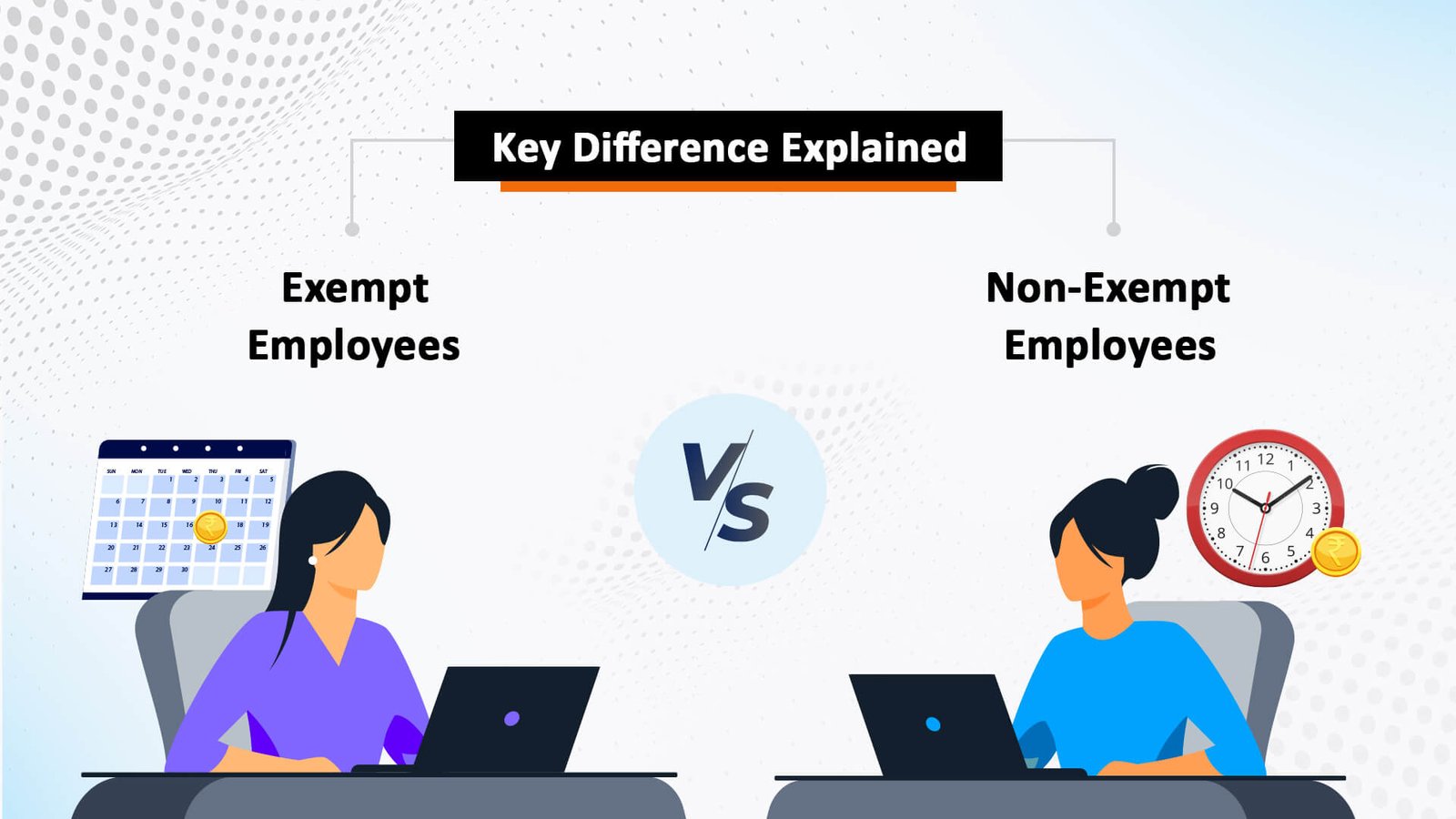District of Columbia Labor Laws can help protect employees against several things in the state, such as harassment, discrimination, and hazardous workplace conditions. As someone in the District of Columbia, it is important for both the employee and employer to educate themselves on and to follow, District of Columbia Employment Laws.
While many employment practices in the United States are governed by state and federal employment laws, laws differ from state to state and even city to city. As laws change frequently, it is essential for employers to be aware of updated laws and codes of conduct to remain compliant and to avoid the risk of lawsuits while providing a fair workplace. You can review the updated laws in this article.
Standard Working Hours
For businesses compensating employees within the District of Columbia, regulations and laws are applicable that go beyond the federal requirements.
The state has its own District of Columbia minimum wage rules, including a higher minimum wage than what is established federally. Additionally, there is an objective for employers to maintain pay transparency.
Minimum Wages
Beginning in October 2025, the minimum wage for the District of Columbia will be $17.95 per hour, an increase from the prior rate of $17.50 per hour. All employers in DC must at least pay this rate to covered employees.
The DC minimum wage applies to:
- Employees who spend more than half of their working hours in the District.
- Employees stationed in DC who do not spend more than 50% of their work time in any other state.
However, there are those employees who are exempt from this, including:
- Elected or appointed officials of religious institutions.
- Volunteers working for educational, charitable, religious, or nonprofit organizations.
- Casual babysitters.
Tipped Minimum Wages
Effective July 1, 2025, employers in District Of Columbia are able to implement a tipped minimum wage of $12.00 per hour for tipped employees, which is an increase from the previous rate of $10.00.
If and when the employee does not make at least the minimum wage, the employer must make up the difference.
Overtime Laws
In Washington, DC, an employee is entitled to receive overtime pay if they work over 40 hours in a given workweek. Overtime pay is equal to 1.5 times the employee’s regular hourly rate, thus ensuring they are paid fairly for extra time worked.
Also, District of Columbia Overtime Laws may not apply to certain classes of employees, including:
- Executive, professional, or administrative staff;
- Newspaper delivery employees;
- Outside sales employees;
- Certain automobile sales employees, and
- Seamen and maritime employees
Employers should thoroughly review the exemptions to avoid non-compliance and potential wage disputes.
Meal And Rest Breaks
The Fair Labor Standards Act (FLSA) does not require employers to provide meal or rest breaks for employees. The federal law is focused on making sure that workers are paid for all of the time they worked, which includes a few short breaks between 5 and 25 minutes.
The District has the same rules as federal law, so if employers don’t provide breaks, they don’t have to, but if the employer does (even a few minutes), it is considered paid work time.
Leave Laws
There are times when employees have to be off work, be it while recovering from an illness, caring for a loved one, or managing a serious health condition, as pr the District of Columbia paid sick leave law. In such instances, workers want to know their job is secure. The District of Columbia Paid Family Leave (PFL) program provides such protection, giving employees paid time off for certain life events, paralleling the benefits offered by the federal Family and Medical Leave Act.
To be eligible for DC Paid Family Leave, employees must:
- Be actively employed
- Perform most of their work hours within the District of Columbia
- Report wages to the DC government for unemployment insurance purposes
Eligible employees may receive the following benefits within a 52-week period:
- Up to 12 weeks of paid leave to care for their own or a family member’s serious health condition
- Up to 12 weeks of paid leave to bond with a new child
- Up to 2 weeks of paid leave for pregnancy-related medical needs
Paid Sick Leave in Washington, DC
| Employer Size | Accrual Rate | Maximum Annual PSL |
|---|---|---|
| 24 or fewer employees | 1 hour of PSL for every 87 hours worked | Maximum 3 days per year |
| 25 to 99 employees | 1 hour of PSL for every 43 hours worked | Maximum 5 days per year |
| 100 or more employees | 1 hour of PSL for every 37 hours worked | Maximum 7 days per year |
Qualifying events include:
- Pregnancy, childbirth, or a medical condition related to childbirth
- Developing a serious health condition
- Caring for a family member with a serious health condition
- Welcoming a new child through birth, adoption, or foster care
Child Labor Laws
It is the responsibility of the DC Board of Education to enforce all child labor laws and to make certain that employers adhere to all conditions regulating the hiring of minors. The Board occasionally inspects to check on compliance. You can also check the information on District of Columbia Labor Law Posters.
However, there are some exceptions:
Performers and professional athletes may work under special permits.
Children under 14 may only work outside of school hours performing:
- Agricultural work for their parent or legal guardian
- Household chores in their own home
- Distributing newspapers – if they are at least 10 years old
- Children below the age of 12 years shall not sell or distribute in public places.
Work Permits
All minors under age 18 must get a valid work or vacation permit from the DC Board of Education—unless working in agriculture or domestic work.
The permit should contain information like:
- Date and place of birth
- The minor’s name, age, sex, and address
- Last completed school grade
- The employer’s name and address
- The nature of the work being authorized
Workplace Safety & Health
All employers in Washington, D.C. must implement relevant workplace safety and health standards under federal Occupational Safety and Health Administration regulations.
Employer Responsibilities Under OSHA
Under OSHA law, all DC employers must:
- Provide a workplace that is free from recognized hazards.
- Comply with OSHA standards applicable to their industry and operation.
- Provide safety and health training in a language and format easily understood by employees.
- Maintain accurate records of all work-related injuries and illnesses.
Display the official OSHA District of Columbia Labor Law Posters in a place employees frequent so that they understand what rights and protections they have.
District of Columbia Employee Rights Under OSHA
Some of the key employee rights under OSHA in DC include the right to:
- Review their employer’s injury and illness records to stay informed about workplace safety.
- File a complaint with OSHA if they believe safety standards are being violated.
Taxes in the District of Columbia
Several kinds of taxes are imposed by the District of Columbia, which both individuals and businesses alike must heed. Tax rates range from 4.00% up to 10.75%, depending on the taxpayer’s income bracket.
DC imposes a graduated income tax: the rate of tax increases with increased income.
Want To Make Professional Paystubs? Check the Free Paystub Template Library
For small business owners, freelancers, and even established employers, creating accurate and professional paystubs is sometimes a task fraught with difficulty. Many people struggle with calculating tax, deductions, and earnings precisely while ensuring the presentation is clear and professional.
You can take advantage of our Free Paystub Template Library to generate professional paystubs within minutes. That’s why Pay Stub Generator Free works. Just add your information, and let the paystub generator instantly calculate your tax, deductions, and net pay according to real payroll rules.
Generate, download, and share your paystub in seconds without having to know accounting.
FAQs:
1) What is the minimum salary in Columbia?
The minimum wage in the District of Columbia presently sits at $17.50 per hour, while it is projected to go up to $17.95 per hour this coming October 2025.
2) What is the rule for overtime hours?
In DC, covered employees are entitled to overtime at a rate of 1.5 times the regular rate for each hour worked in excess of 40 hours in any one workweek. Exempt from this requirement are executives, administrative employees, and outside salespeople.
3) What are the labor laws in DC?
The labor laws of DC relate to minimum wage and overtime, paid family and sick leaves, and workplace safety. Accordingly, all employers must observe the higher wage requirements in DC and guarantee a safe workplace under OSHA.
4) How many hours is full time in DC?
In most incidences, full-time employment in Washington, DC involves 40 or more hours of work in a week. That said, some employers can still regard 35 to 40 hours as full-time, provided that internal policies support such a definition.
5) What is DC’s minimum wage?
DC’s current minimum wage rate is $17.50 per hour, increasing to $17.95 per hour effective October 1, 2025. This wage rate applies to most employees in the District, making it among the highest in the country.
6) Is overtime mandatory in DC?
Yes, overtime pay for all employees in non-exempt employment for more than 40 hours in a week is compulsory. That is to say, 1.5 times their regular hourly wages in each extra hour.
7) Are lunch breaks required in DC?
Under DC and federal law, employers are not obligated to provide meal or rest breaks. But if an employer does offer short breaks that are from five to twenty minutes, these must be paid as part of the employee’s work time.
8) What is the DC paid leave law?
The DC Paid Family Leave program provides up to 12 weeks of leave to bond with a new child or care for a family member with a serious illness, and up to 2 weeks of paid leave to care for pregnancy-related medical needs.
9) Do you pay taxes in the District of Columbia?
Yes, every resident and individual working in the District of Columbia has to pay DC income taxes in addition to federal income taxes. In general, employers in the District of Columbia should withhold DC income tax from employees’ paychecks and transfer the payments to the DC Office of Tax and Revenue.
10) What is the tax rate in the District of Columbia?
DC has a progressive income tax with rates that range from 4.00% to 10.75%, depending on income. The corporate income tax rate is 8.25%, and the sales tax rate is 6.00%. Homeowners pay an effective property tax rate of about 0.61% on owner-occupied housing. These taxes go toward important city services, infrastructure, and community programs for DC residents and businesses.
FAQ's
What are the taxes in Columbia?
+
The major taxes in the District of Columbia include individual income tax, corporate income tax, sales tax, and property tax at rates of 4.00% to 10.75%, 8.25%, 6.00%, and 0.61%, respectively.
What is the 4 hour rule in DC?
+
The 4-hour rule in DC protects employees who are called into work but sent home early. Employers must pay a minimum of four hours of work, or fewer hours if the employee was scheduled for fewer than 4.
Does DC have unemployment tax?
+
Yes, unemployment insurance taxes are paid by employers in Washington, D.C., to provide certain benefits to employees who lose their employment for no fault of their own. The employers contribute based on their payroll history.
Who pays unemployment benefits in DC?
+
Unemployment benefits in the District of Columbia are exclusively funded by employer contributions to unemployment insurance. Employers pay state unemployment taxes to the DC Department of Employment Services, which maintains the fund.





